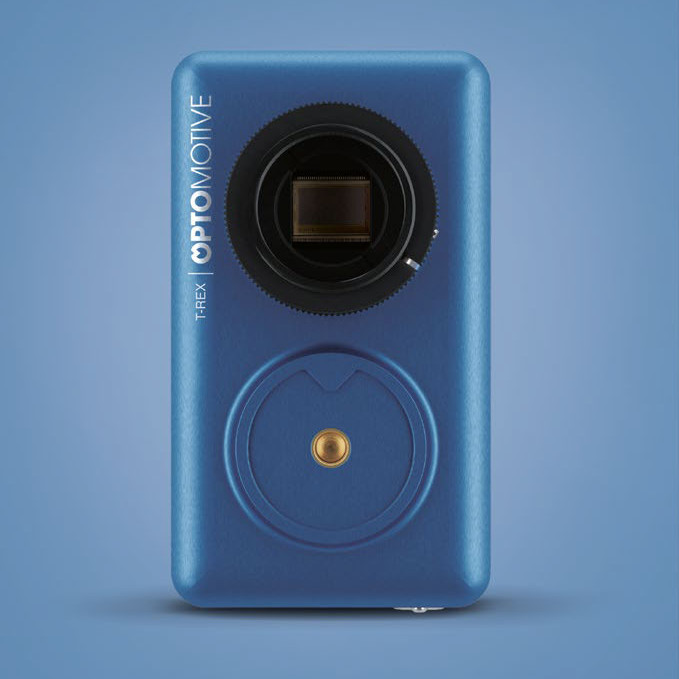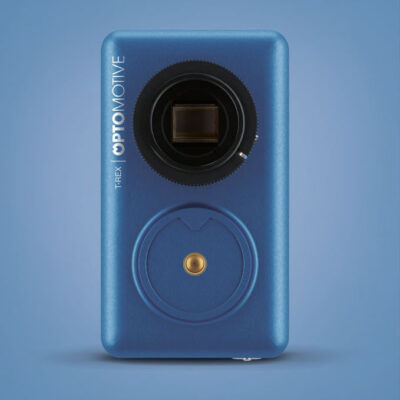Description
T-REX EVO is a highly customizable and userprogrammable FPGA-based high-speed smart camera which features a high-end FPGA camera with a Xilinx Zynq FPGA and a highspeed imaging sensor and a Gigabit Ethernet. It includes ARM System-on-Chip (SoC) technology combined with a turbocharged industrial CMOSIS imaging sensor.
With high-performance FPGA System-on-Chip (SoC) technology, the T-REX EVO camera family opens new dimensions in computer vision. It is a global shutter industrial camera with incredible frame rates and an open FPGA architecture. With FPGA processing power the image processing algorithms can run in real time on the camera: just add your imagination.
T-REX EVO incorporates a fully customizable and user-programmable open-reference design for its high-speed FPGA-based camera and application development system. Its emphasis is on an open hardware/software development model, high-frame rates, real-time image processing on FPGA and modern graphical user-interface support.
A suite of intermediate, versatile Xilinx Zynq 7020 FPGAs is used to develop algorithms and process data in real-time. Images are acquired by a CMOSIS sensor, CMV2000 (2048×1088 pixels, 2/3’’ size) or CMV4000 (2048×2048 pixels, 1’’ size). The sensor outputs 760 million pixels per second resulting in 331 FPS (CMV2000) and 176 FPS (CMV4000) at full frame. The onboard 512MB LPDDR2 memory with 3.2GB/s of bandwidth enables usage of complex buffered image processing.
The reference design can be easily edited with standard Xilinx Vivado tools. OptoMotive´s custom IP cores seamlessly integrate inside the Xilinx Vivado toolchain. A large portion of FPGA (PL) is free for the programming and development of new algorithms or the implementation of additional IP cores. The 700MHz Dual Core ARM Cortex A9 Programmable Subsystem runs Linux OS with a custom-made EVO control and streaming stack. User applications or custom data postprocessing can easily be added to the existing design.
TARGETED FOR:
- Laser triangulation – with a ready-made Peak detector with an on-board image processing core;
- Motion capture – with a ready-made BLOB detector or Running Length Encoder (RLE) on-board image processing core;
- Industrial process automation – to count, detect, check, verify, read, inspect and test different products, levels, components, etc. at and incredible speed;
- Industrial quality control – to inspect defects, cracks or surface blemishes, size, position, dimension and color, foreign objects or quality
- General R&D.


